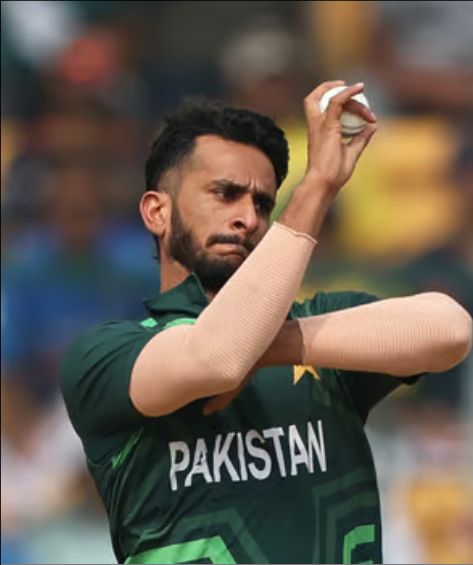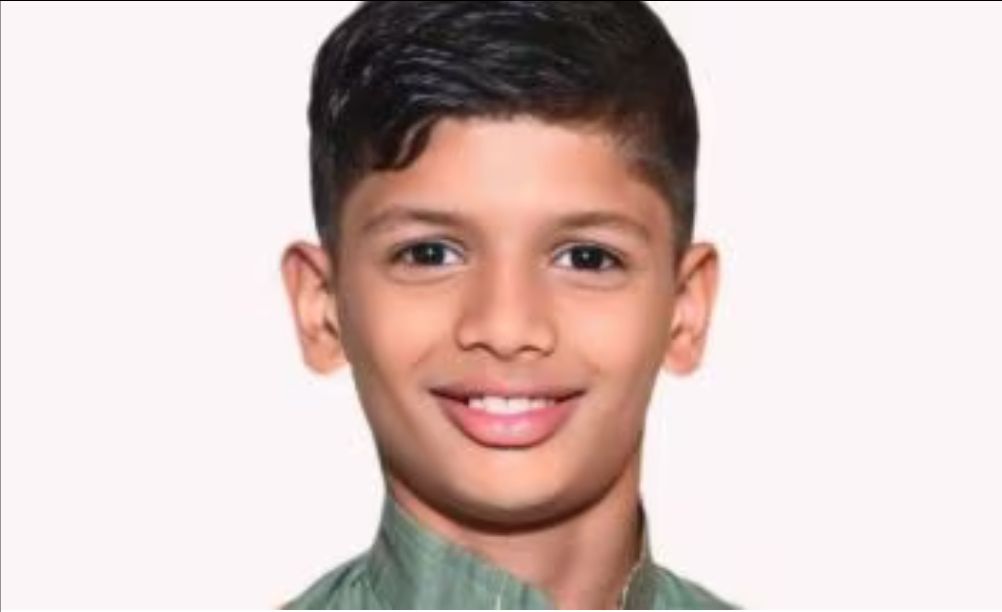Article 370 cases one of the biggest challenges facing the institution of judiciary

Doda, 11 July: The Supreme Court on Tuesday said that it will start hearing the batch of petitions challenging abrogation of Article 370 of the Constitution from August 2 and will proceed to hear the case on a day to day basis except on Mondays and Fridays.
A Constitution bench led by Chief Justice of India (CJI) DY Chandrachud and comprising Justices Sanjay Kishan Maul, Sanjiv Khanna, BR Gavai and Surya Kant also said that all parties have to file all documents, compilations and written submissions by July 27.
“The hearing of the petitions before the constitution bench shall commence on August 2, 10:30 am and then proceed on a day to day basis barring miscellaneous days that is Mondays and Fridays,” the order said.
Advocates Prasanna and Kanu Agrawal shall be the nodal counsel for preparation of common convenience compilations, the Court said.
“Since compilations already prepared earlier, should more additions be made, it has to be made by July 27, 2023. Nodal counsel shall ensure compilations are indexed and paginated. All counsel shall be given the copies,” the bench ordered.
Pertinently, the Court also noted the Centre’s statement that the latest affidavit filed by the government shall not be relied upon to argue on the aspect of Constitutionality.
“Solicitor General Tushar Mehta has submitted that though Centre has filed an additional affidavit setting out central govt view on post notification development..it would have no bearing on the constitutional question and it would not be relied upon,” the order said.
Importantly, two petitioners, Shah Faesal and Shehla Rashid sought permission to withdraw their pleas and the request was allowed by the Court.
This development comes nearly four years after the abrogation of Article 370 of the Constitution, which gave special status to the erstwhile State of Jammu & Kashmir.
Over 20 petitions are pending before the Supreme Court challenging the Central government’s decision to abrogate Article 370 of the Constitution, which resulted in the revocation of Jammu and Kashmir’s special status. The erstwhile State was subsequently bifurcated into two Union Territories.
When the matters were last listed in March 2020, a five-judge
J&K Peoples’ Conference President Sajad Gani Lone today said that one of the biggest challenges facing the institution of the judiciaryary is how they deal with Article 370 cases. He emphasized that the role of the apex court is not to pass judgment on whether the abrogation of Article 370 was beneficial or detrimental to J&K but the court’s duty lies in determining the legality of the abrogation.
“Per se the affidavit filed by the Central government focuses on issues post abrogation. What will eventually be discussed in the court is the legal pathway to abrogation not the so called perceived political or law and order benefits post abrogation.Whether abrogation of Article 370 is good or bad for J&K is not what the Apex court has to decide. They have to decide whether it was good or bad in law”, Lone said in a statement.
Lone further said that Article 370, in essence a form of federalism and a power-sharing arrangement, has been slandered and defamed beyond recognition. He however asserted that clamour for federalism will progressively gain momentum over time.
“Mark my words. Clamour for federalism will grow every passing day. The biggest threats facing the country today are the attacks on its federal structure—-Slow march of the central government and the trespass on the power of the state governments. Loose Federalism is a reality and will be the most talked about political concept across the world in the coming decades”, he concluded.




